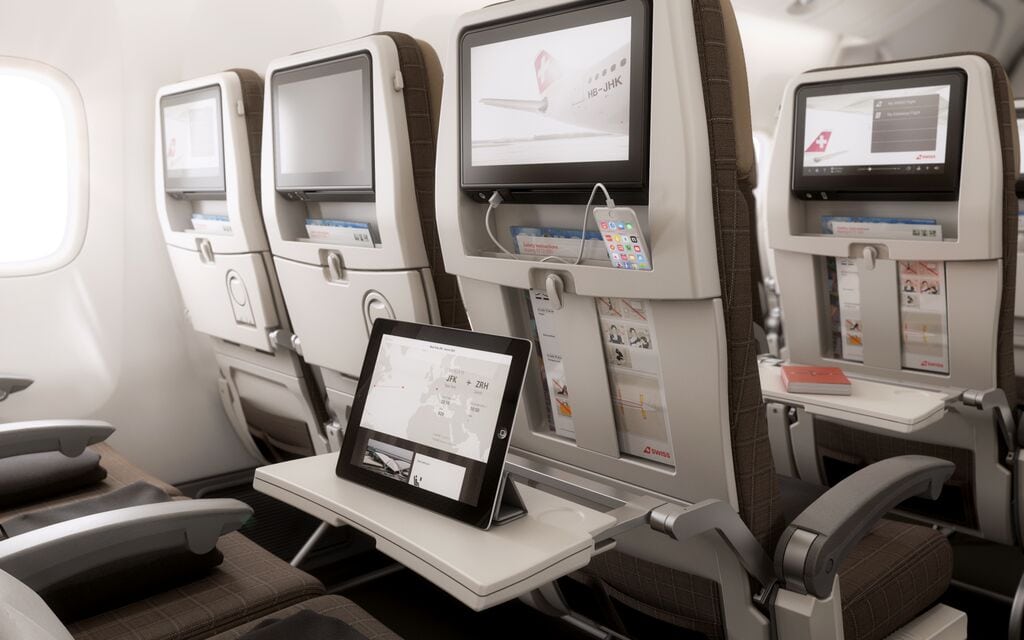The 5 Airline Websites Best Designed for Up Selling Flyers

Skift Take
Ideaworks believes that web design which makes it easier for consumers to know about and purchase a la carte ancillary products is essential to encouraging these sales. Call it hate-selling with a human face.
The aviation industry consultancy Ideaworks has released a new report rating the airlines which most effectively use their websites to up-sell customers on a la carte ancillary extras.
Ancillaries are sales of amenities including onboard sales of food and beverages, baggage fees, assigned seats or seat upgrades (including extra legroom seats on exit rows), billing for call center support for reservations, credit card fees, sales of priority check-in and screening, sales of early boarding privileges, sales of in-flight entertainment, fees for onboard Wi-Fi.
The consultancy judges Aer Lingus, Pegasus, Spirit, Swiss, and WestJet have designed websites which excel at creating a path to purchase for consumers.
This path to purchase is an analogy to well-established retail practices at grocers, which route shop
